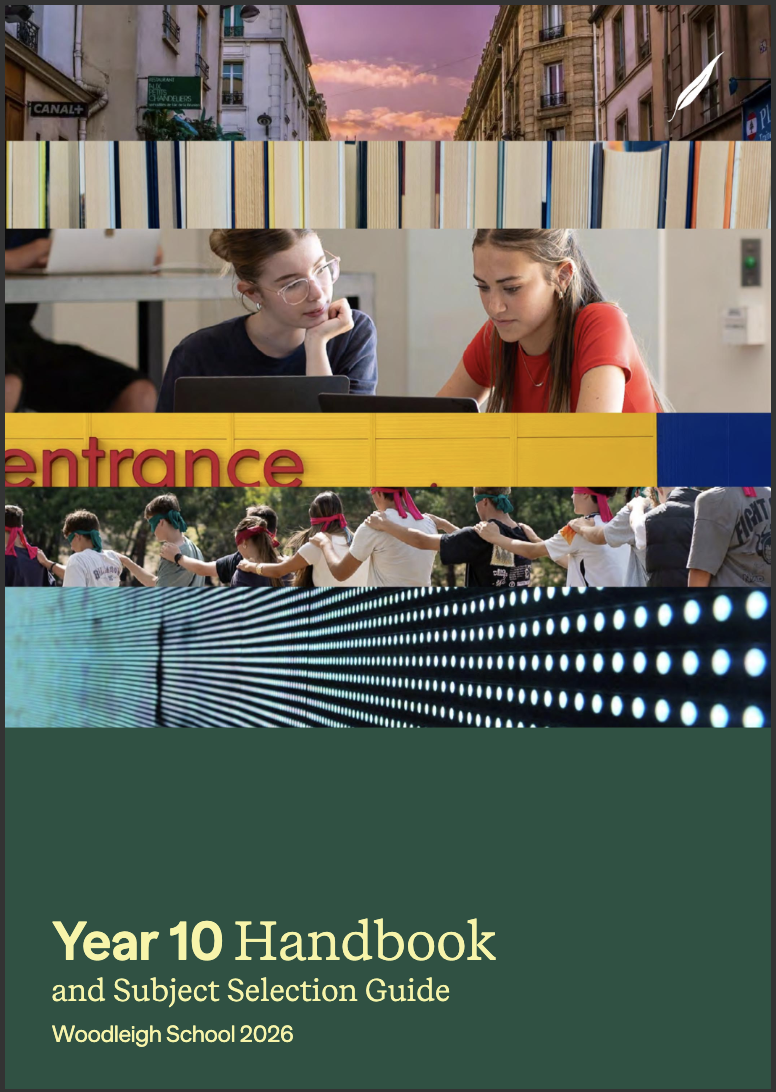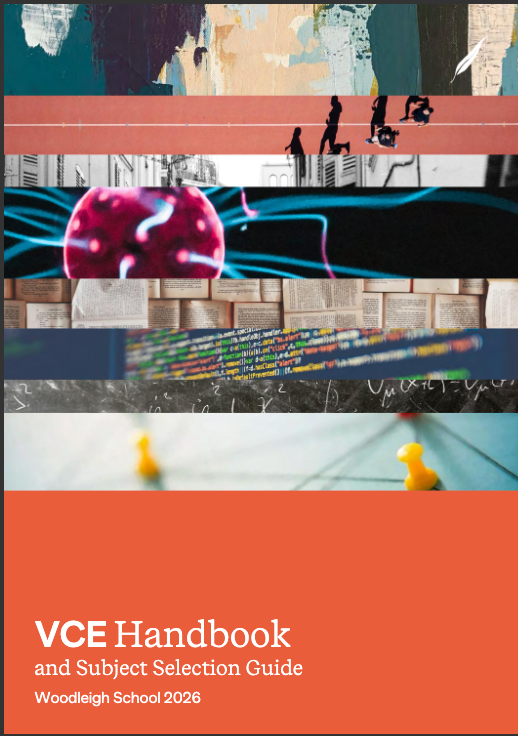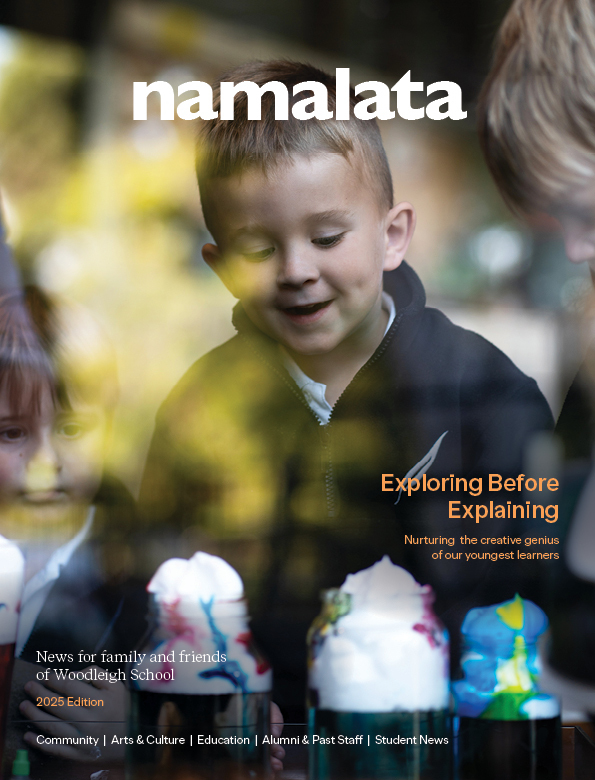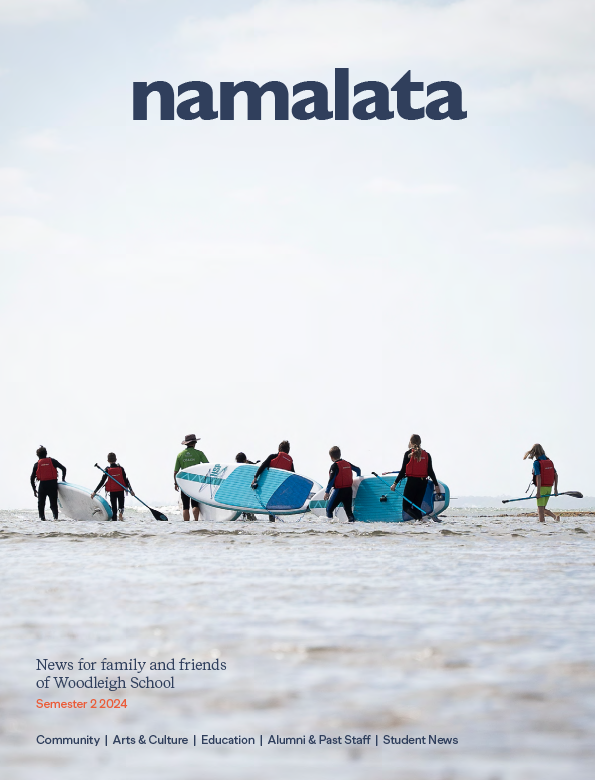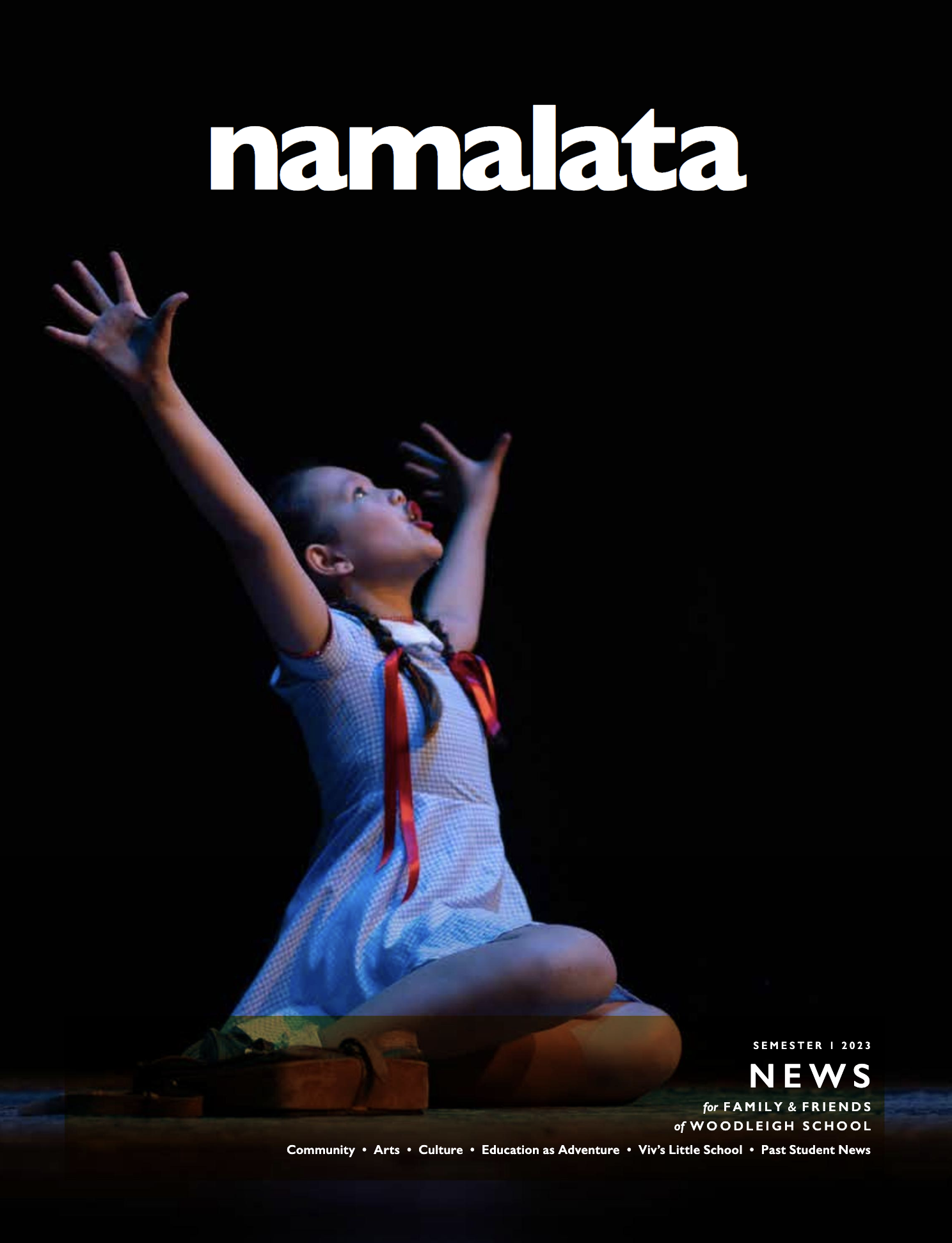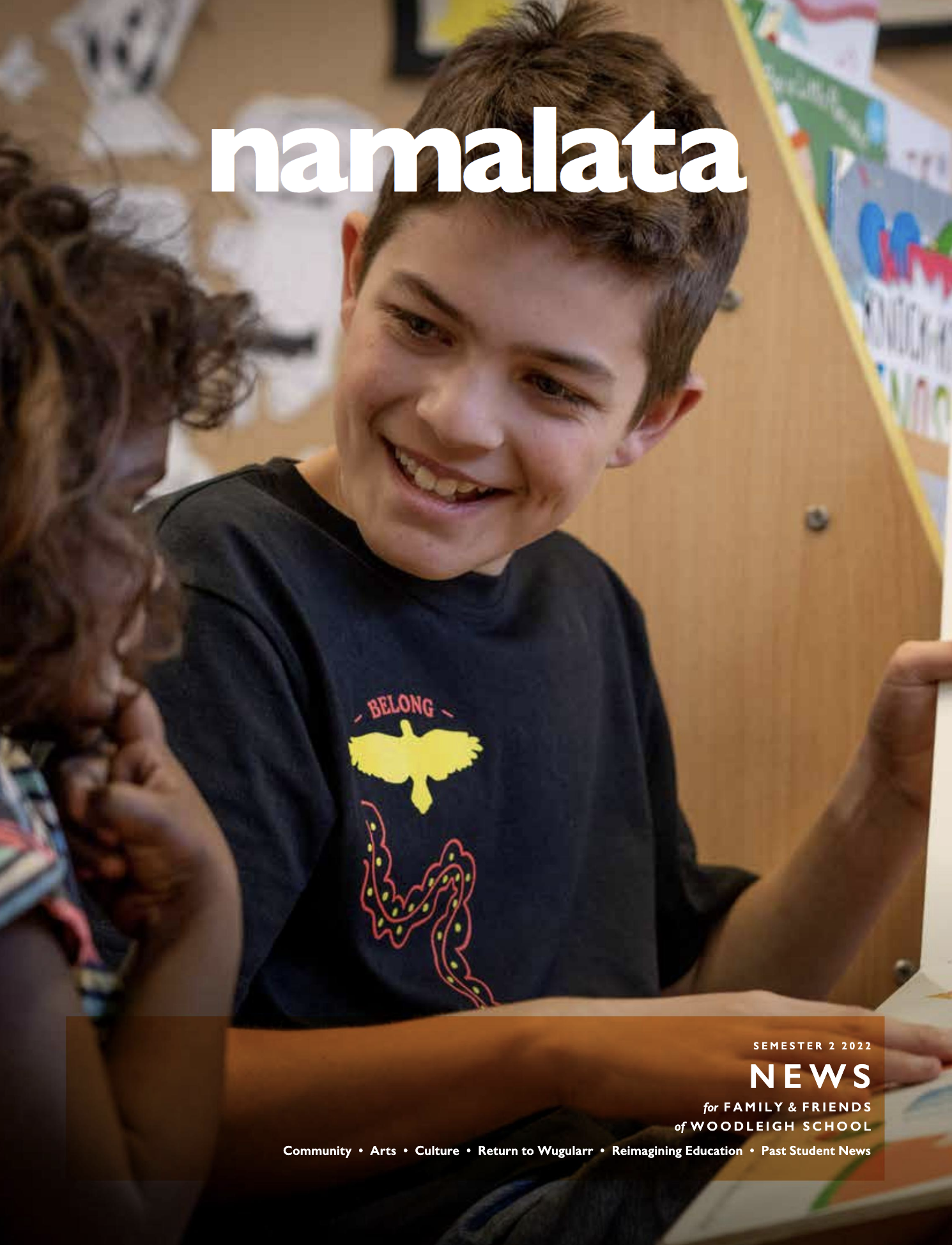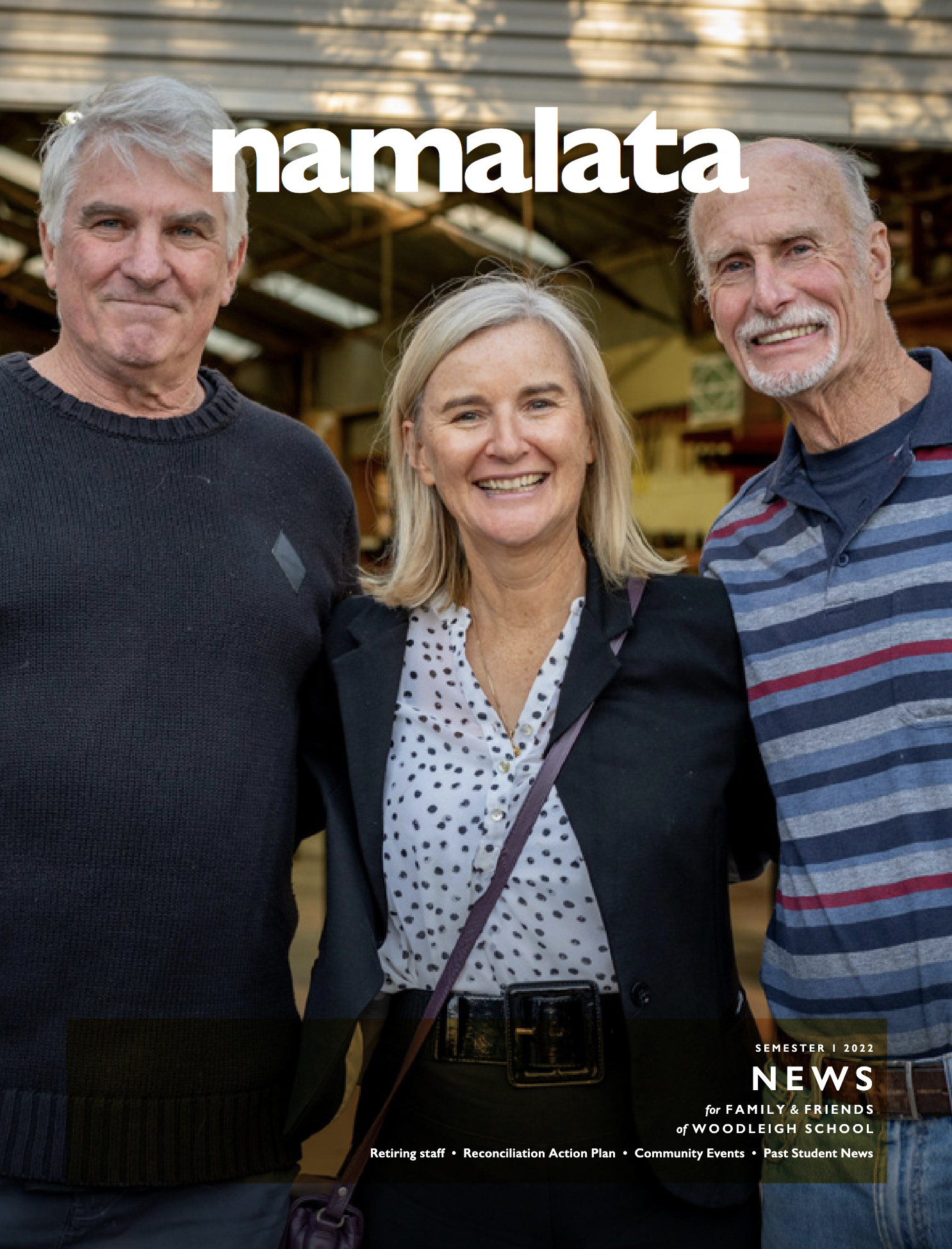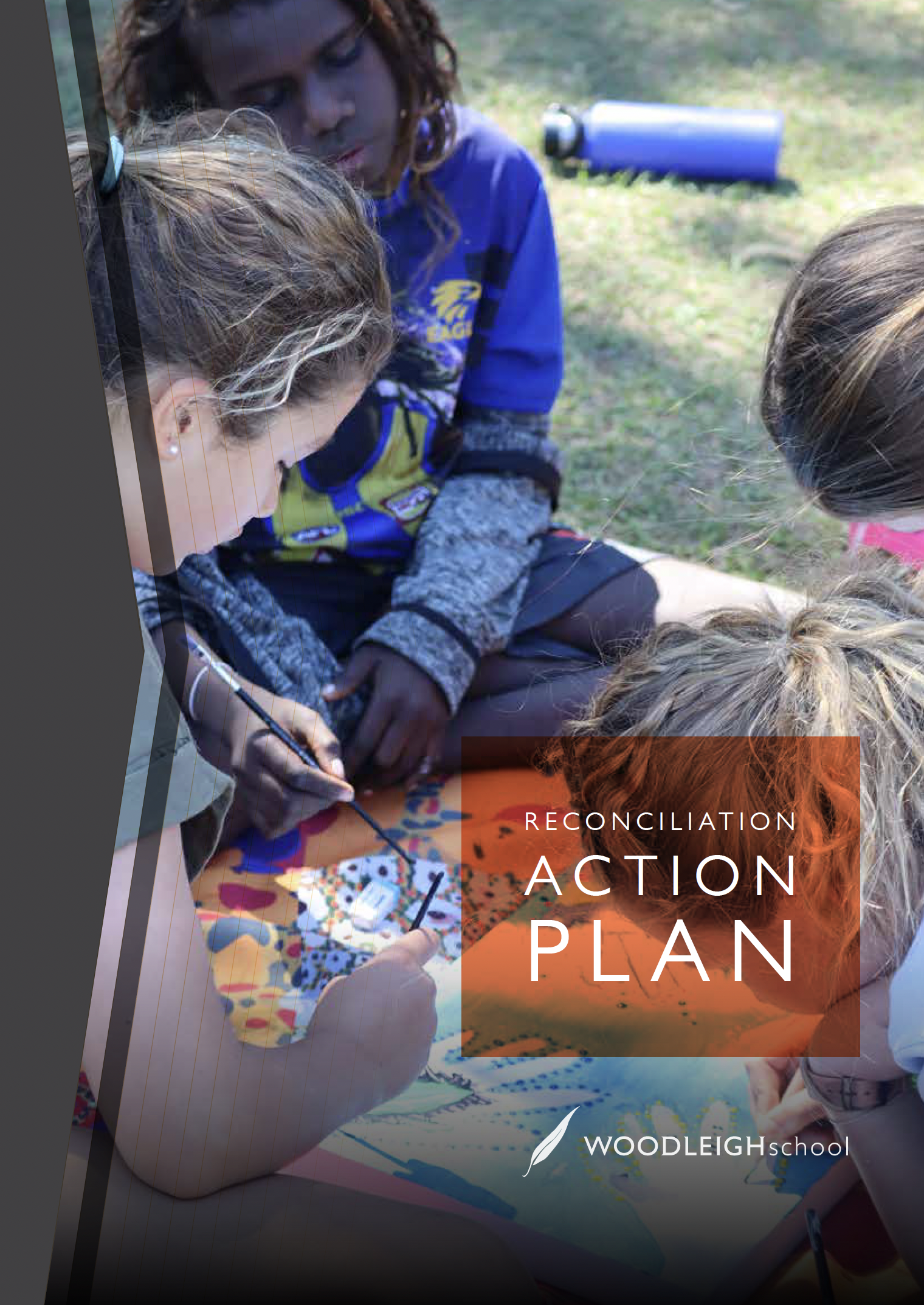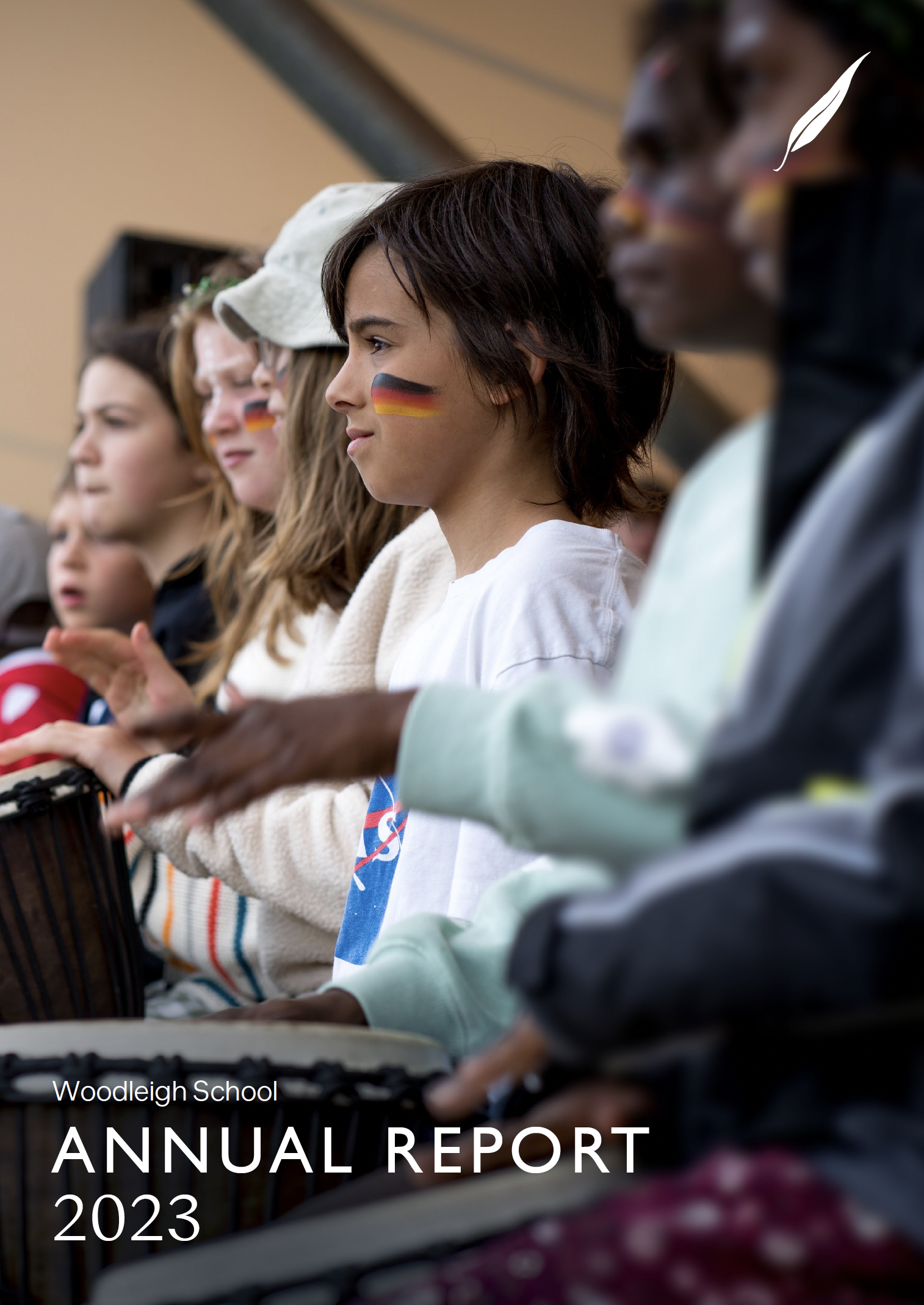2026 Student Handbooks
We have carefully prepared a range of documents that may assist you as you prepare for the 2026 academic year. From subject selection to student life, we've got you covered.
Get ready for your start at Woodleigh by reading the following:
Namalata
Namalata is the Woodleigh School Community Magazine, published annually. Full of engaging stories about the goings-on from all corners of the Woodleigh community, it’s a celebration of all that makes Woodleigh a place of such rich culture and purpose.
Read the latest editions by clicking the images below:
Reconciliation Action Plan (RAP)
This document brings together all we do to further reconciliation across our three campuses and beyond and creates a roadmap for our future efforts. Woodleigh is proud of our commitment to reconciliation and shared understanding of First Nation's history, culture, teachings and practices.
Read more by clicking the image below:
